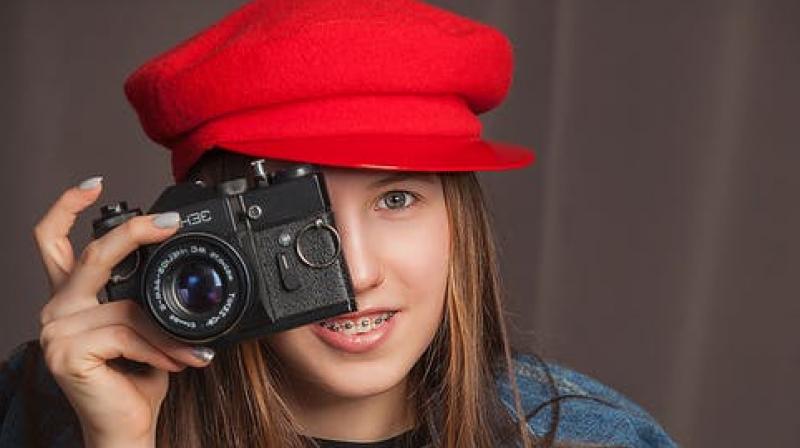Braces affects psychologically in later life

Washington: A recent study contradicts the belief that applying braces to turn crooked teeth into a beautiful smile will boost one's self-confidence. "The study, which is the first of its type undertaken in Australia and only the second in the world, examined if having braces lead to a greater level of happiness or psychosocial outcomes, later in life," said Dr Dogramaci.
There was a pattern of higher psychosocial scores in people who did not have orthodontic treatment meaning people who hadn't had braces fitted were significantly more optimistic than the ones that did have braces.
Those who didn't have braces had varying levels of crooked teeth, just like those who had braces treatment, ranging from mild to very severe, reported the study published in the Journal of Orthodontics & Craniofacial Research.
The study looked at four psychosocial aspects that how well people felt they coped with new or difficult situations and associated setbacks, how much they felt that could take care of their own health, the support the person believed they received from their personal network and finally their own level of optimism.
"These indicators were chosen because they are important for psychosocial functioning and are relevant to health behaviours and health outcomes; since the core research question was the impact of braces treatment on patients' self-confidence and happiness in later life," said Dr Dogramaci.
Fourth-year dental student Alex Furlan has never had braces fitted, while expressing his feelings regarding the same he said, "My orthodontist recommended that I have braces fitted but I'm quite happy without them. I've never felt the need to straighten my teeth – I can get on in life without having perfectly straight teeth."
"A lot of people are convinced that if they have braces, they will feel more positive about themselves and do well, psychosocially, in later life. This study confirmed that other factors play a role in predicting psychosocial functioning and an adult's braces as a youngster was not one of them," concluded Dr Dogramacci.

